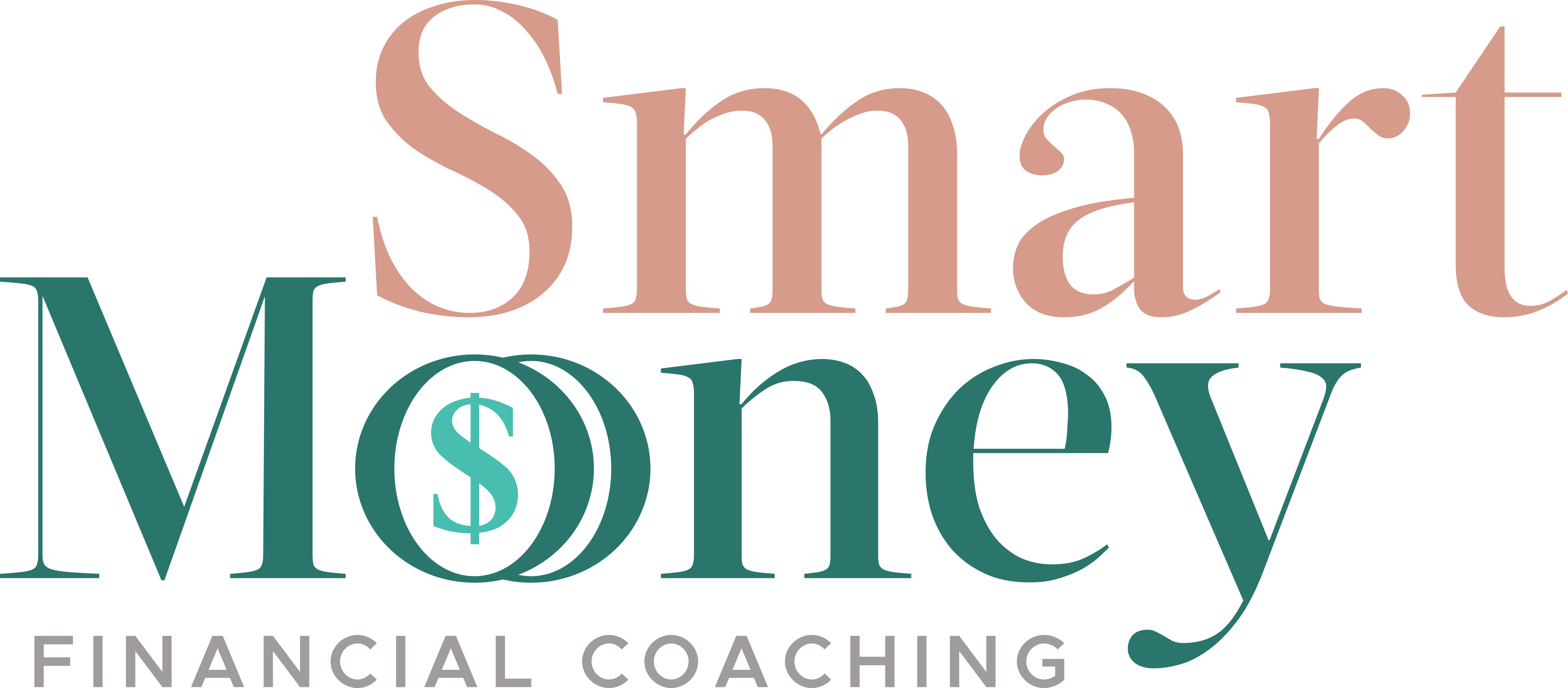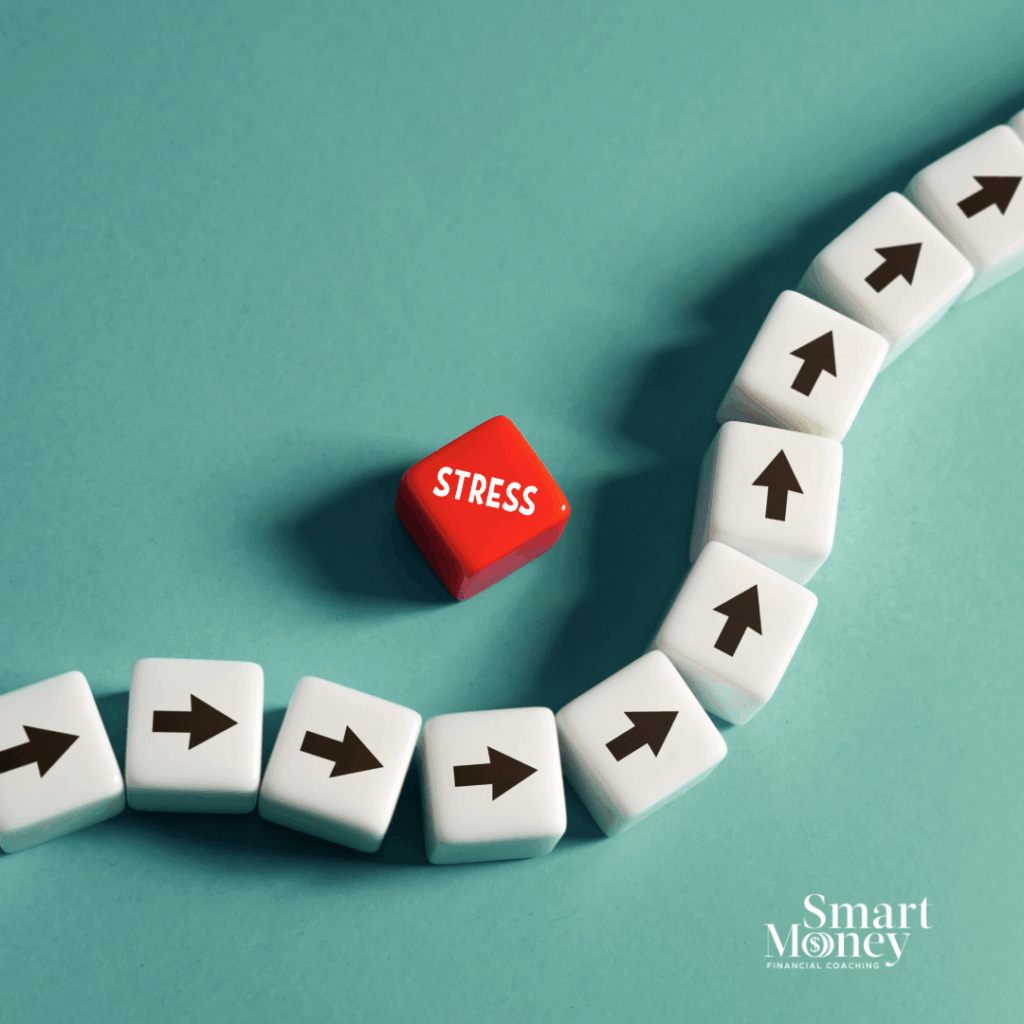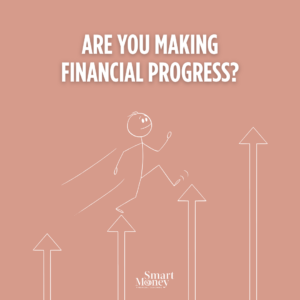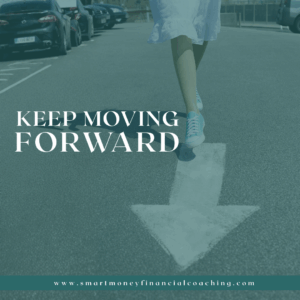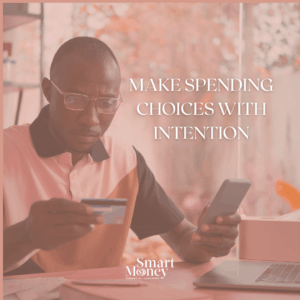If you’ve ever looked at your spending and thought, “What is wrong with me?” you’re not alone.
So many people beat themselves up for overspending, assuming it’s just a discipline problem.
They believe if they could just try harder, stay consistent, or want it badly enough, they’d figure it out.
But overspending isn’t always about willpower.
In fact, most of the time, it’s not about being careless at all.
It’s about being overwhelmed.
You’re juggling work, family, meals, schedules, and responsibilities… and sometimes the Amazon cart or a takeout order just feels easier than one more decision.
Overspending Is Often a Coping Strategy
In my work as a financial coach, I’ve helped people who were overspending not because they didn’t care, but because they were:
-
Using spending as a moment of relief or reward
-
Trying to avoid their financial stress altogether
-
Overwhelmed and didn’t have a clear plan
Sometimes people don’t even realize they’re overspending until the credit card bill shows up or their checking account gets low again. Then the guilt hits. And that guilt often leads to more avoidance, which just keeps the cycle going.
Overspending Isn’t a Failure. It’s a Signal.
Recognizing what’s really going on is a turning point.
Not because it instantly changes everything, but because it helps you stop blaming yourself and start making intentional choices.
Overspending isn’t a personal failure.
It’s a signal.
And once you understand that, it gets easier to respond with clarity instead of shame.
What Actually Helps Stop Overspending
What helps isn’t more guilt. It’s more clarity.
A plan that reflects your actual life—not an ideal version of it.
One that gives every dollar a job but still leaves room for flexibility, mistakes, and joy.
Because managing your money isn’t about perfection.
It’s about progress.
Final Thoughts
Overspending doesn’t mean you’re bad with money.
It probably means you’ve been running on empty, and now it’s time to give yourself some compassion and structure at the same time.
The first step?
Take a few minutes to notice what’s really going on when you overspend.
What are you feeling? What are you trying to avoid?
Awareness doesn’t solve everything, but it’s the beginning of real change.
